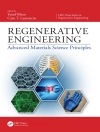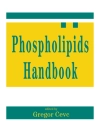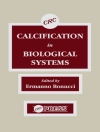
Saliva is essential for oral health and influences all events in the mouth. In 1850 Ludwig discovered that autonomic nerve impulses evoke salivary secretion and all work since has shown that the nerves normally control the flow and protein output of saliva. This publication, written by international experts, is the first one devoted to the neuroglandular mechanisms of this control. The chapters contained deal with: the intimate details of the nerves and their different transmitters in the glands; central connections of the glandular nerves; receptors in the glands; nerve-induced glandular secretion of proteins; autonomic transmitters on salivary cells; the roles of non-conventional transmitters in the glands; the effects of denervations on the glands, on their capacity to synthesize and secrete proteins, and the development of supersensitivities to transmitter substances. Further chapters prescribe the inter-relationship between taste and saliva formation, and the reflexes involved in salivary secretion. The book lays a sound platform of knowledge to all with an interest in and around the mouth including dentists, pharmacologists, biochemists and cell biologists as well as neurobiologists working on autonomic nerve activities.











